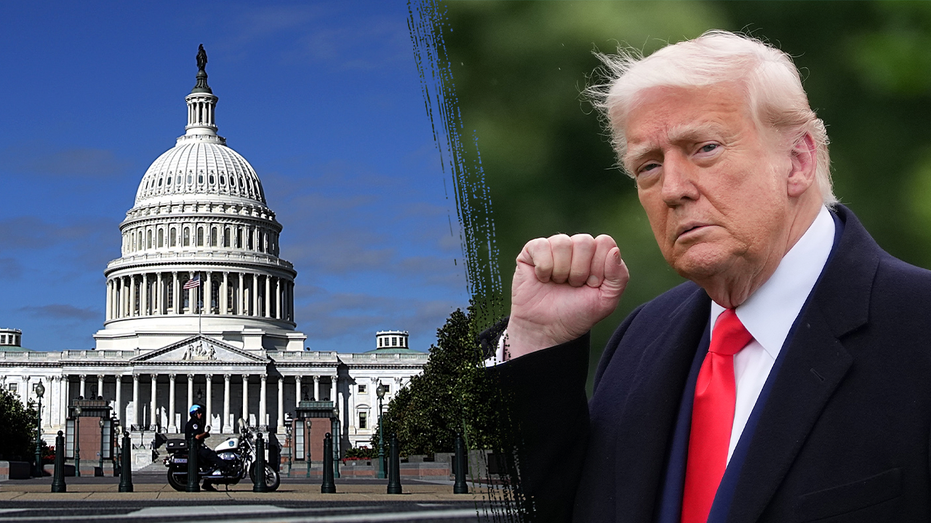White House Launches 'Big Beautiful Bill' Calculator to Help Americans Find Out How Much They Can Save Under New Legislation
White House unveils new website to track potential savings from the Trump-backed "big beautiful bill" as it advances through the Senate.

The White House has rolled out a new online platform that allows Americans to calculate their potential savings under the proposed "One Big Beautiful Bill Act," a sweeping piece of legislation currently under Senate consideration. The website, which went live on Tuesday, greets visitors with the promise, "We are preparing your tax cuts," and displays President Donald Trump alongside messages highlighting strong backing from American industries for the initiative.
The "One Big Beautiful Bill Act" is being touted as a historic, multitrillion-dollar legislative package aiming to reshape federal policy across core issues such as taxation, immigration enforcement, energy production, defense spending, and the national debt. Following House approval in May, Senate negotiations have intensified as lawmakers weigh the bill’s far-reaching consequences. Despite widespread support from prominent businesses such as Uber and DoorDash, the legislative effort has encountered pushback over its potential impact on the already soaring national debt, which now exceeds $36 trillion. U.S. Treasury Secretary Scott Bessent has responded to critics by asserting that the proposed fiscal changes remain manageable.
A key feature of the White House’s new web portal is a calculator that lets users input their weekly income, including base pay, tips, and overtime, to estimate annual and monthly tax savings should the measure pass. For example, an individual earning $665 weekly in base pay, $260 in tips, and $100 in overtime could save an estimated $2,246 per year, or about $187 per month. Removing taxes on overtime and tips forms the core of Trump’s tax policy proposals, reflecting pledges made during the 2024 campaign trail.
Supporters of the act highlight its dual promise to cut taxes “for ALL Americans” and bolster border security. Trump has maintained a high-profile push for the bill, urging Congress to unite around what he calls the solution to “four years of Biden failures.” In a recent statement, Trump emphasized not only the economic benefits but also provisions aimed at tightening Medicaid eligibility by removing undocumented immigrants, which he claims is necessary to ensure coverage for citizens in need. “The Country will suffer greatly without this Legislation, with their Taxes going up 65%,” he warned on social media platforms.
Nonetheless, a handful of Senate Republicans remain skeptical, cautioning that the act would raise the nation’s debt ceiling by $5 trillion. Kentucky Senator Rand Paul has been among the most vocal opponents, stating, “If you increase the ceiling $5 trillion, you’ll meet that. And what it does is it puts it off the back-burner. And then we won’t discuss it for a year or two.” Trump quickly rebuked Paul, framing opposition as playing into the hands of Democrats and warning that inaction could result in significant tax hikes for American families.
While some in the GOP continue to express concerns, other Republican senators have rallied behind the act, working toward a self-imposed July 4 deadline for passage. Senator Mike Rounds of South Dakota underscored the urgency, noting, “We have to pass the bill to get the Tax Cuts and Jobs Act back in place on a permanent basis… If we don’t do that, the average American family is going to see about a $2,400-a-year increase in their taxes.” With pressure mounting and the legislative window narrowing, the Senate faces a pivotal few weeks that could determine the trajectory of economic policy for years to come.




